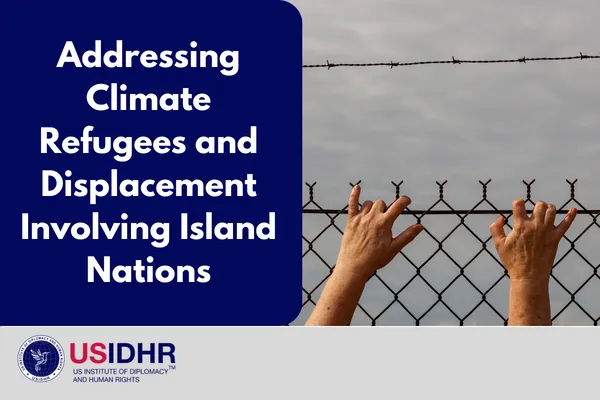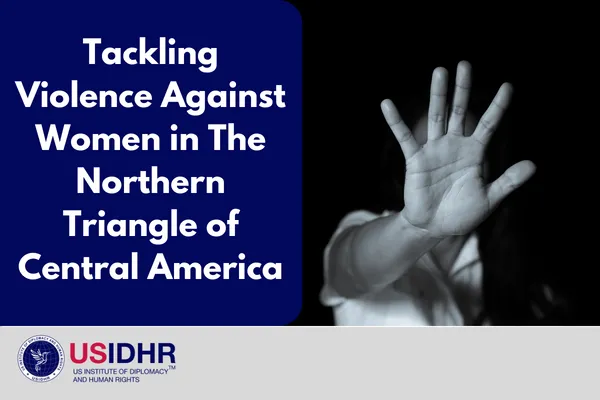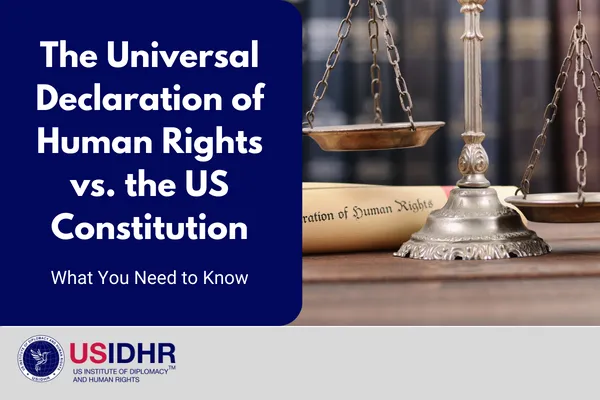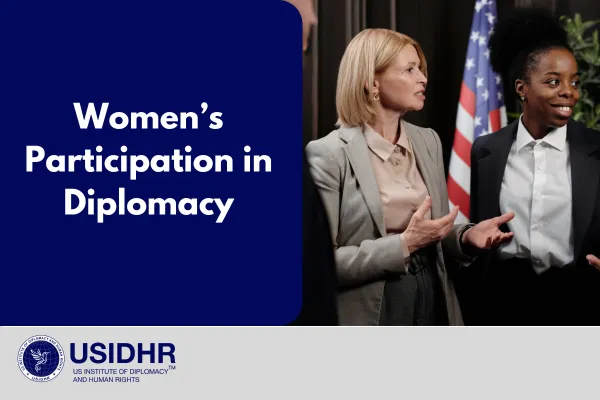
Diplomacy is the art of dealing with people in a sensitive and effective way[1].
Despite the purpose that diplomacy carries, advocating equal rights for all, the chapter on women’s participation in diplomacy still needs some improvement. Women are underrepresented in sectors such as the public office. The workforce still needs improvement to offer an equal opportunity for women to get involved!
In fact, a lot of women undergo a triple shift, so why shouldn’t they be capable of having a high position in diplomacy? They seem to handle everything well enough, despite experiencing the hardship of multi-tasking[2].
In the late 1930s the British Foreign Office concluded a study on recruiting for diplomatic services with, “But women are already working for the Corps as wives and daughters free, so why pay them?”[3]
Now, I’ll tell you why this question is extremely problematic. Women and men should all have equal rights as stated in the 1988 Declaration on Equality of Women and Men. It is an integral part of human rights and a prerequisite for genuine democracy and social justice[2]. However, it can be interpreted that this question unequivocally divides the two genders associating the woman as a caretaker and the male as being the breadwinner.
But why is it so?
The primitive mentality that is culturally ingrained in most societies, is to blame. The old diplomacy we all know needs to be reborn as it divides the two genders. Despite the efforts to change this through historical events such as the Industrial Revolution (IR), the change from the extended to a nuclear family (resulting from the IR), the rise of women’s independence, the Equal Pay Act (1963) were simply not enough to deflate stereotypes[2].
Sociologists Dunscombe and Marsden (1995) stated that modern women perform a triple-shift, finding a balance between paid, domestic and emotional labor in a male-dominated society[2]. So, why is it still that women are still under-represented in high-level diplomatic roles? The answer is clear; diplomacy on a whole must become a more flexible system that takes into account that men and women are as equally capable to be mums and dads and diplomats. As Robert Putnam (1976, 33) bluntly puts it using the law of disproportion, the higher the level of authority, the greater the representation for high-status social groups (e.g., the heterosexual white male)[4]. Thus, as patriarchy is reproduced in society, women seem to participate less as the importance of a position increases.
As Robert Putman claimed, the higher the position/role, a lower female participation ratio to male should be found. But it is nonetheless evident that women play an essential role to integrate individuals into the wider society through social institutions such as the family. Females are at the epicenter of providing the social glue that keeps society ordered. It has been evidenced through various studies that women are more empathetic than males (Maestre et al, 2009)[5], and a clear example to support this is their maternal instinct (at least for most women). They can adapt measures that resist force, essential to diplomatic services. Their participation can create a positive social change as
women’s perspectives on conflict differ considerably from those of men. Women are more interested in seeking consensus[6].
The main concerns in the 21st century impose a different perspective, as the traditional hard security questions take a swift towards soft security problems, for example, the implications of prostitution, human trafficking, terrorism, female genital mutilation (FGM). Women should not be excluded from having a voice toward solving such conflicts. However, over the past years, the contribution of women to peacebuilding has been increasingly recognized as figures like Anne Marie Slaughter emphasize the importance of creating the right social policies, such as the feminist foreign policy implemented in Sweden. Working towards closing the leadership gap ensures that women are equally represented in the ranks of politics, corporate executives, and judicial leaders[7].
Female figures in diplomacy
The first woman-ambassador in the world and the People’s Commissar of public charity was born in Saint Petersburg, called Alexandra Mikhailovna Kollontai[8]. In 1898 Kollontai left for Switzerland to attend Zurich University, where a year later she decided to go to England to study the workers’ movement. On her return to Russia, she participated in the first Russian Revolution that took place from 1905 until 1907. She advocated actively against the First World War, and through her work experience on the post of the secretary, she was assigned for diplomatic work. Against the war, she worked closely with the Swedish diplomatic services to neutralize the impact of Nazi Germany in Scandinavia.
The first U.S ambassador of Asian descent called Julia Chang Bloch is a Chinese American businessperson and diplomat, and a successful founder of the US-China Education Trust. She has an extensive career.
She began as a Peace Corps Volunteer in Sabah, Malaysia in 1964 – and was the first Asian American to hold the rank of U.S. Ambassador to the Kingdom of Nepal, in 1989.
These two great figures are just among the few who have been successful in delivering world-peace.
Thus, could women be the leaders of tomorrow?
The founder of the US Institute of Human Rights and Diplomacy, Isabelle Vladoiu[9], emphasized the need for women’s leadership since 2015, talking about the concept of “Let Her Lead!“[10], which soon began to be given importance in many fields. In 2017, pastor Brady Boyd launched a book on the importance of women’s leadership in Christianity. Behold the need to give a voice to all women, no matter the profession is agreed by many.
While societal pressures incline men to be tough and become ‘’alphas’’, why not also let him rest and create an ideal world where both can lead? According to an article published by the European Parliament, gender-equal societies (Scandinavian communities) gain stronger economic growth and higher security[11]. A collaboration between males and females can be very valuable in any important role, in fact in any position within the workforce and/or in any context that may be part of society.
Reference list:
[1] Merriam-Webster. "Diplomacy." Available at: https://www.merriam-webster.com/dictionary/diplomacy?fbclid=IwAR1vMmxemwXUOauwlzJNy-iXRmJOxtU1hWHK0GyijUnTqtx2e3yARENDjNU
[2] Google Books. "Triple Shift." Available at: https://books.google.ro/books?id=NE7fykwlOl8C&pg=SL7-PA78&lpg=SL7-PA78&dq=dunscombe+triple+shift&source=bl&ots=ymT_5Y3O3I&sig=ACfU3U0zlvGGjT2Gg37ytM9PXvPYOZ188w&hl=en&sa=X&ved=2ahUKEwjpxsjP873oAhUFiYsKHbR7BaIQ6AEwDHoECAoQAQ&fbclid=IwAR0XJGrLa8cCB3vZ3aZZErcVaZQFcWAz9CK-icIzvxnmNeuCIlZnA0X-7mk#v=onepage&q=dunscombe%20triple%20shift&f=false
[3] Senate Belgium. "Historical Document on Diplomatic Recruitment." Available at: https://www.senate.be/www/?MIval=%2FRegisters%2FViewReg&COLL=S&POS=1&PUID=83887182&TID=83888180&LANG=FR&fbclid=IwAR0we6Od5gF9244wvTkKdmtujMI-2qXq_299AZyhPhNPywpT23Orxtv2xzo
[4] Oxford Academic. "The Law of Disproportion." Available at: https://academic.oup.com/fpa/article/13/3/521/2625550?fbclid=IwAR2X3dWVzLuOuwvDPuJ5mQxFzlQRVwbmqRV5aUpugD2LiMHX6MoL73aFjC4&login=false
[5] Cambridge University Press. "Empathy Study." Available at: https://www.cambridge.org/core/journals/spanish-journal-of-psychology/article/abs/are-women-more-empathetic-than-men-a-longitudinal-study-in-adolescence/8900C6ABC5BE52BCE657367A8516E48D
[6] https://storage.googleapis.com/msgsndr/nG7WjEXTmqhSH0us1Twn/media/6490ae174d043f613f48f83d.pdf
[7] https://storage.googleapis.com/msgsndr/nG7WjEXTmqhSH0us1Twn/media/6490ae74c5bd73e2bf8f1656.pdf
[8] PRlib. "Alexandra Kollontai Biography." Available at: https://www.prlib.ru/en/history/619133?fbclid=IwAR3jiG8GWMovF617zIGeIYls3S7_j8xWX45fegLwEjNQJCKD0Bxblc34wRI
[9] https://isabellevladoiu.com/
[11] https://storage.googleapis.com/msgsndr/nG7WjEXTmqhSH0us1Twn/media/6490af4c4e0738662e9def09.pdf
Join One of Our Certificate Trainings:
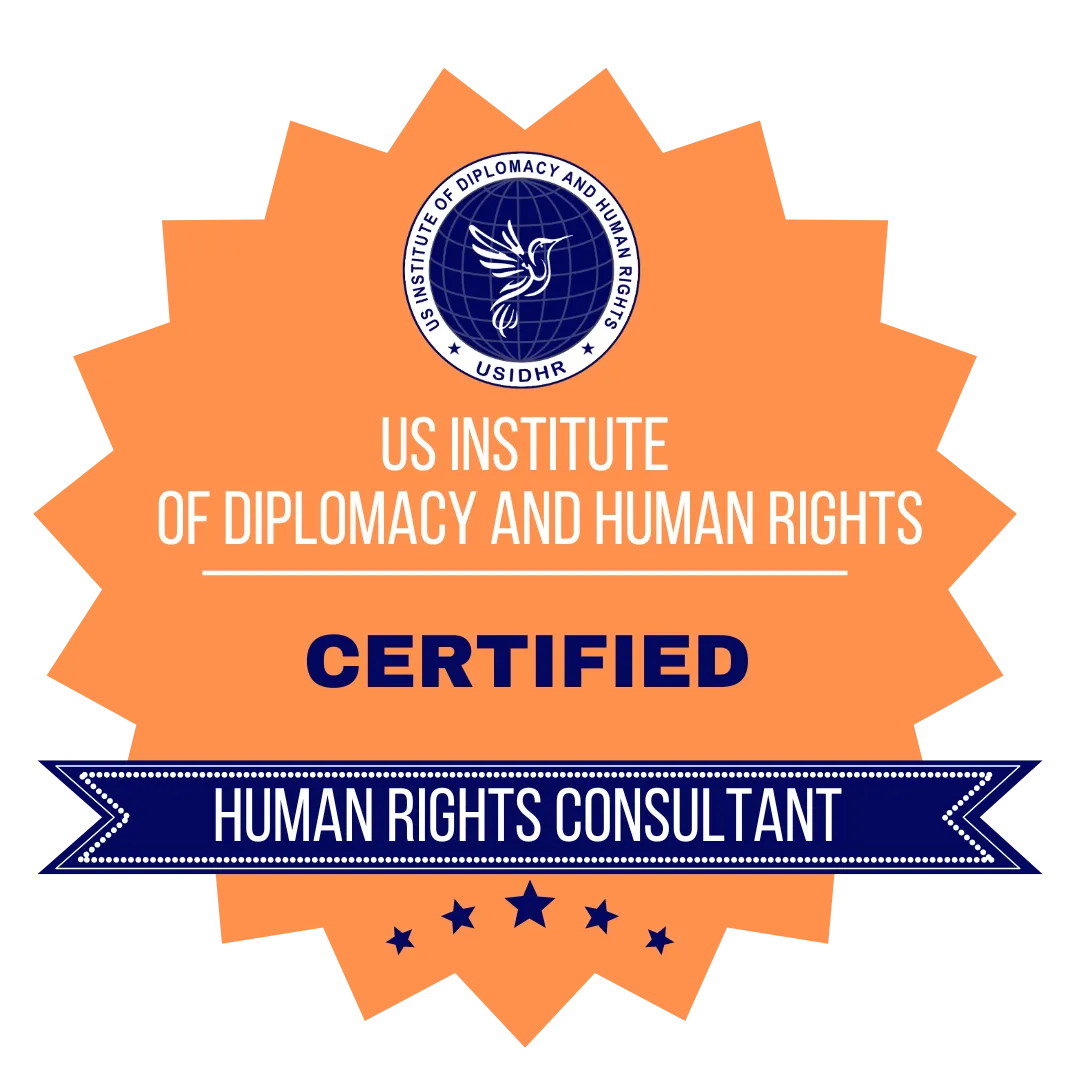
Human Rights Education Certification Training
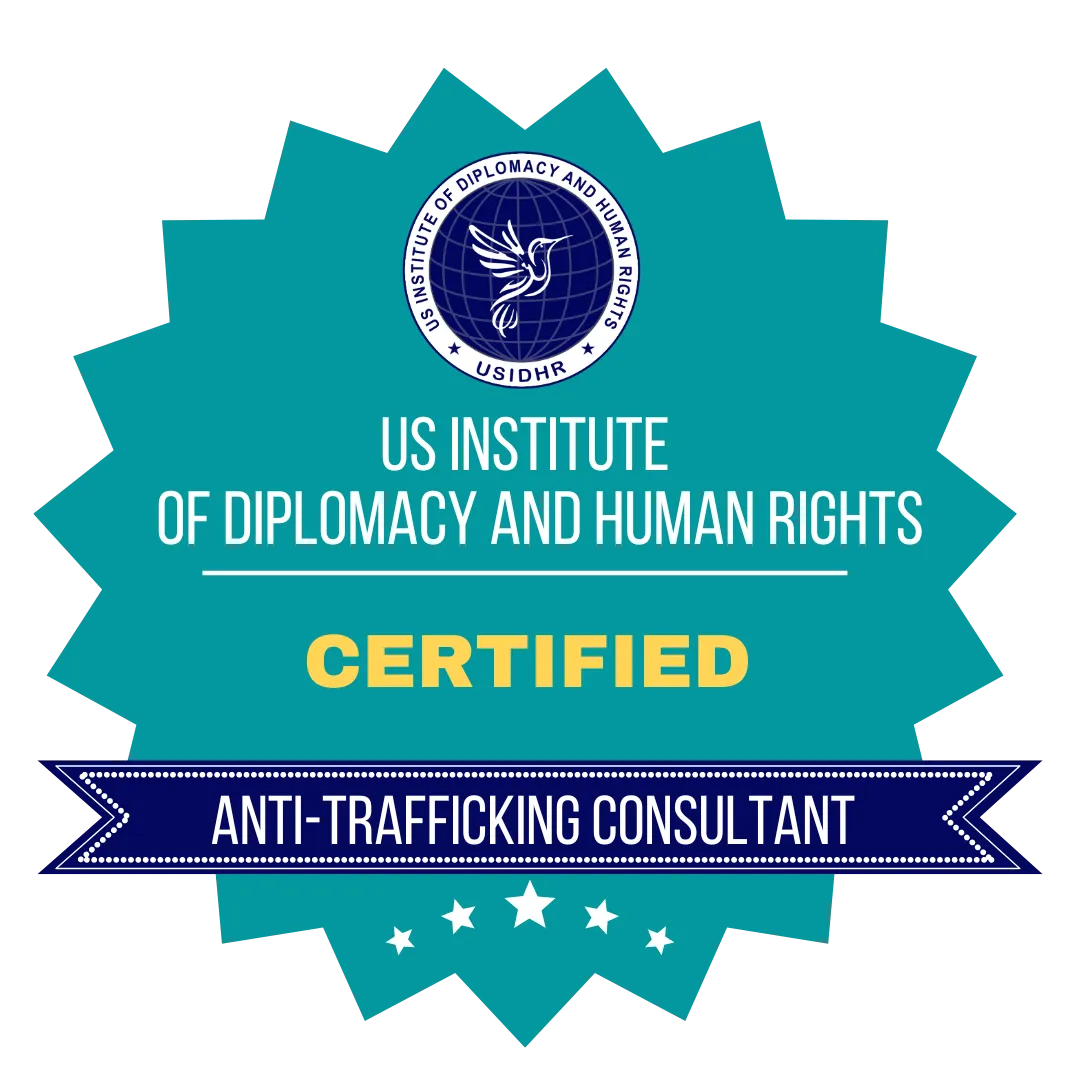
Human Trafficking Certification
Training
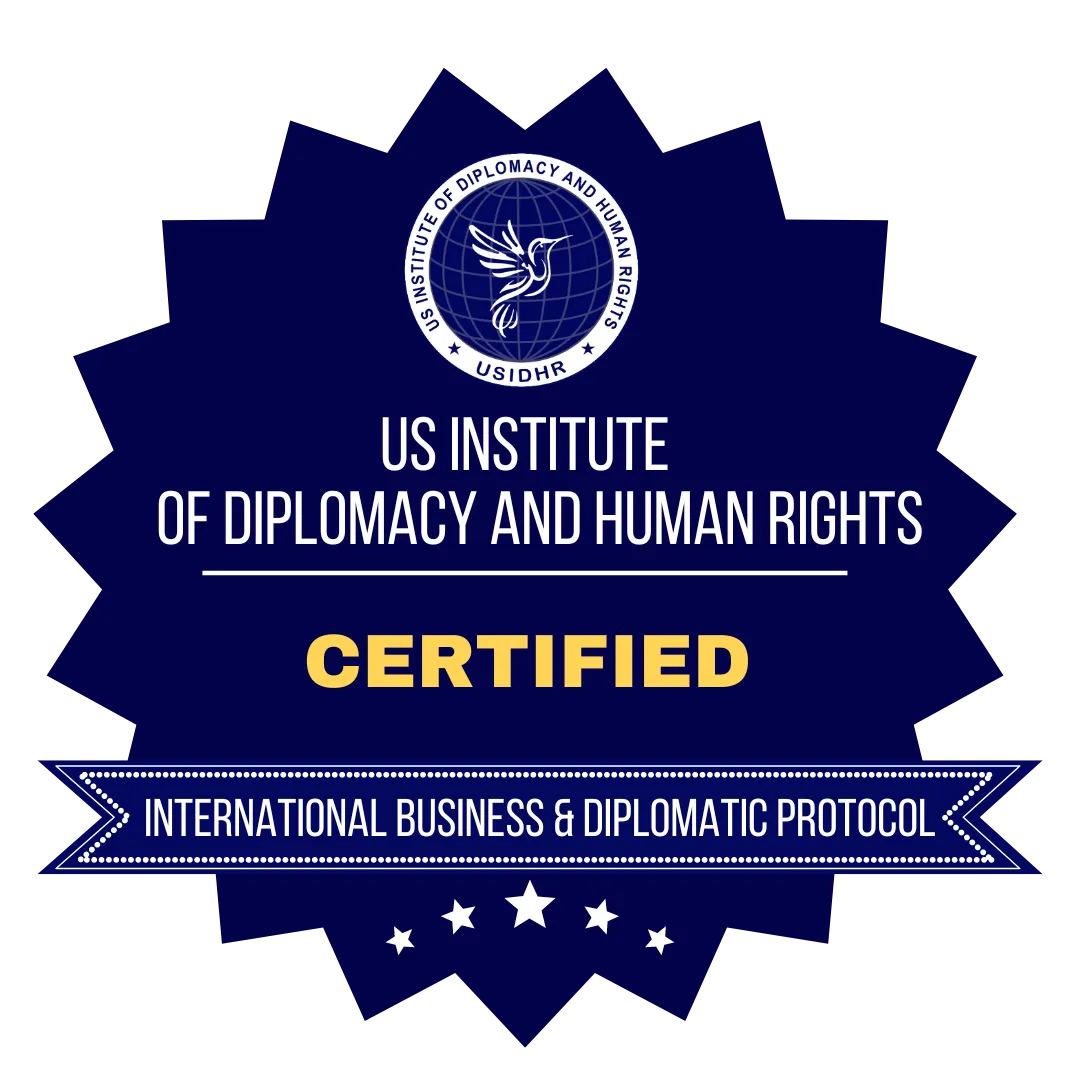
International Business and Diplomatic Protocol Certification
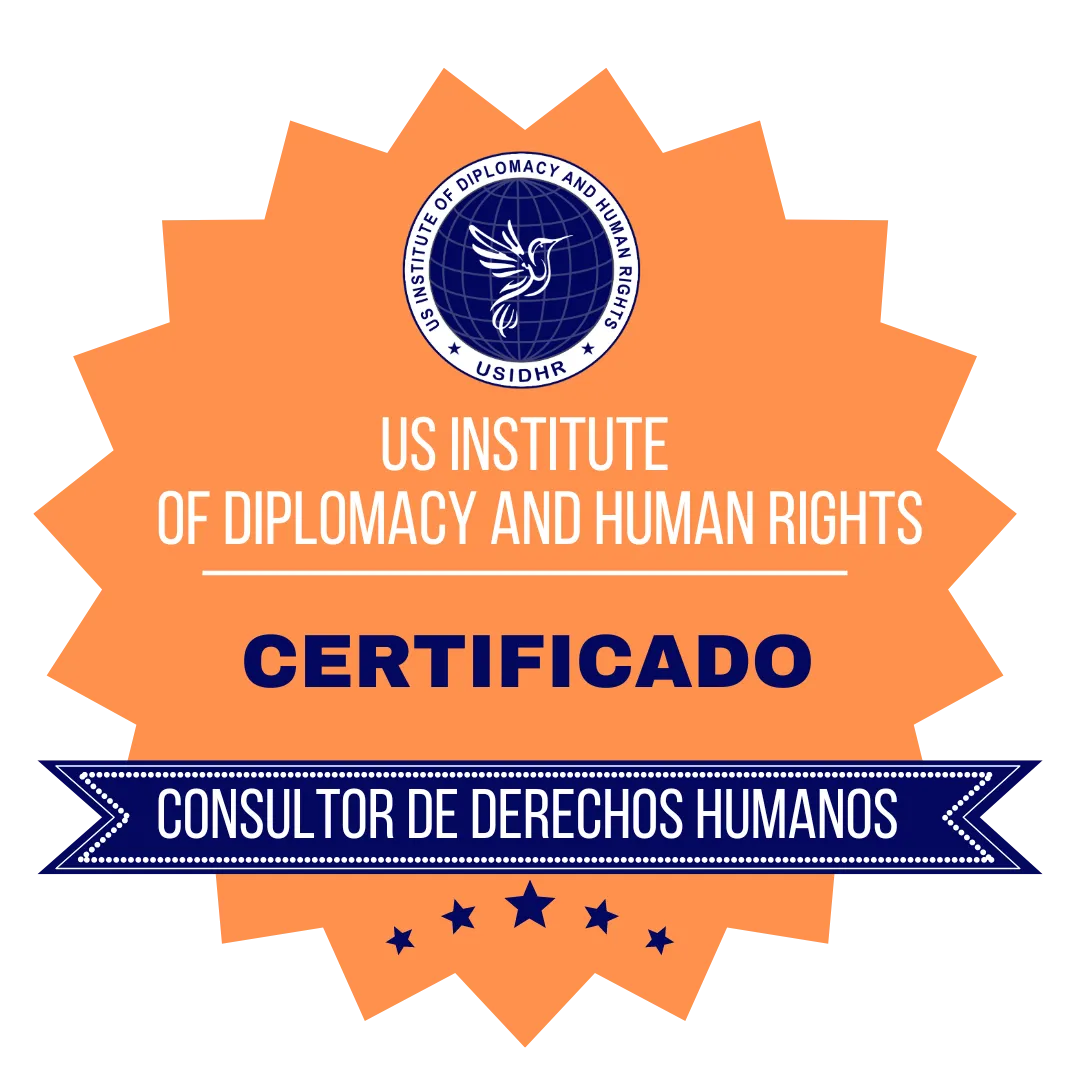
Capacitación En Derechos Humanos
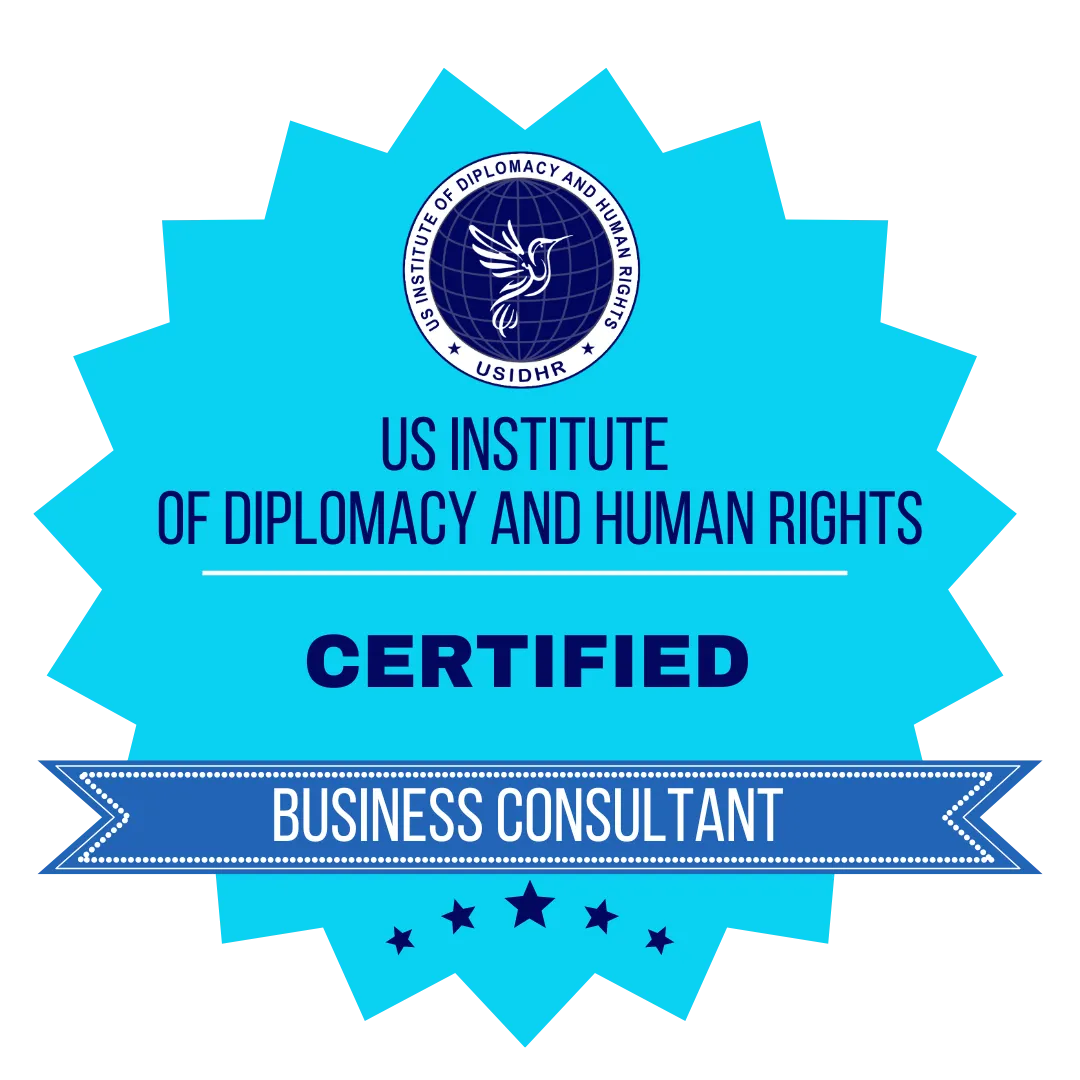
Business Consulting Certification Training
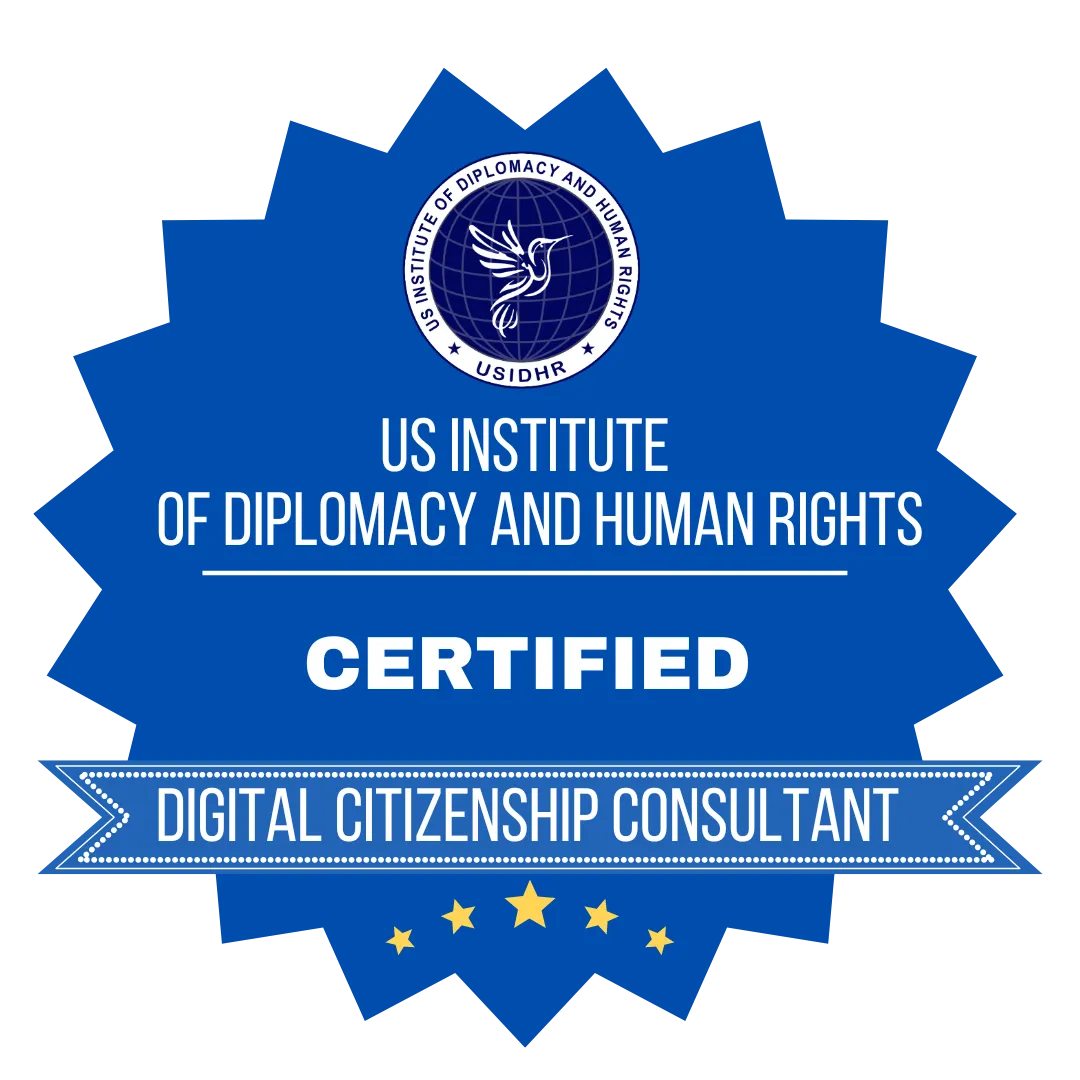
Digital Citizenship Certification
Training
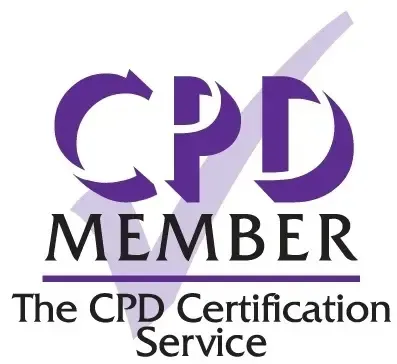
The US Institute of Diplomacy and Human Rights (USIDHR) is an International Continuing Professional Development (CPD) Accredited Organization. Accredited CPD training means the learning activity has reached the required Continuing Professional Development standards and benchmarks. The learning value has been scrutinized to ensure integrity and quality. The CPD Certification Service provides recognized independent CPD accreditation compatible with global CPD requirements
US Institute Of Diplomacy And Human Rights
1250 Connecticut Ave NW Ste 700, Washington, DC 20036


